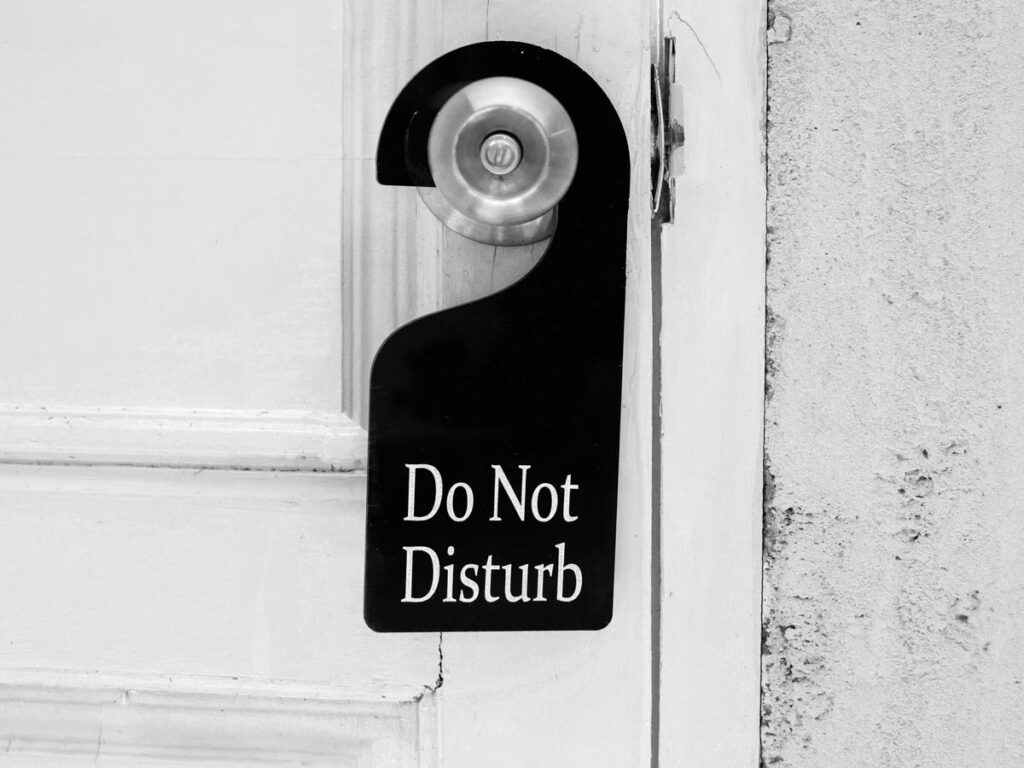This article is long overdue, don’t you think? After all, jetlag gave this blog its name. So, what is jetlag?
When I was still working in consulting and constantly flew around the world, I had jetlag and corresponding sleeping problems all the time. So the name Not Scared of the Jetlag is also a bit ironic. For quite a while I was actually afraid of jetlag. If you constantly have insomnia, at some point you can no longer concentrate at work and make mistakes.
So, through my years of experience, I have become an expert on jetlag. But what works for me doesn’t work for everyone, so please consider these tips as personal experiences only and not a guarantee that you can use them to avoid jetlag.
What is jetlag?
You could probably say that jetlag is a travel disease. You get jetlag when, for example, you travel by plane across several time zones. Many functions of the body, e.g. hormone release, are linked to a 24-hour rhythm or a sleep-wake rhythm. And if the day is shortened or lengthened by several hours, all these functions get confused.
The body thinks it is the time of departure, when in fact you are travelling in a completely different daytime. For example, you have flown from Germany to Asia. And when it’s 4 p.m. in Germany, it’s already bedtime there.
This means that when it gets dark, you are simply not yet tired, or if you fly in the other direction, for example from Germany to the USA, the day is still very long when you arrive there, but you are already tired and would like to go to bed.

How can you avoid jet lag?
The answer is, unfortunately, very poorly. Some people swear by melatonin tablets to trick the body into thinking it’s in a new time zone. You can also try to change your bedtime a few days beforehand, either earlier or later, depending on which direction you are flying.
What are the symptoms of jet lag?
- Sleeping problems, either with falling asleep or sleeping through the night
- Tiredness during the day
- Headaches
- Difficulty concentrating
- Bad mood
- Depressed mood
- Gastrointestinal problems
Depending on which direction through time you fly, you either get tired very early or you can’t fall asleep in the evening because your inner clock is still set to earlier. Some people get headaches, but generally not being able to sleep or being tired all day is the main problem.

Is one direction worse than the other?
Is jetlag worse if you fly east than west? There’s a bit of a difference of opinion on that. For some people, it’s worse going west and for some people, it’s worse going east. Personally, I do quite well if I just have to stay awake longer, that is, if I fly west. It feels like a party night in a disco. You just go to bed late, you’re a bit tired, but after 2-3 days everything is fine again. Flying east and then going to bed earlier when you’re actually not tired at all, I find that more difficult.
How long does jetlag last?
As I said in the last paragraph, depending on the direction for me personally between two to three days or sometimes a week, but that’s super individual and for some people, it takes longer than others. You can expect about one day per hour of time difference, a little less to the west, a little more to the east.

What should you do if you have jet lag?
- Adjust to the new time zone from the beginning, i.e. get up early in the morning.
- Don’t take long naps during the day, 15-20 minutes at the most, and then get out into the fresh air and daylight.
- Generally, get plenty of daylight and move around a lot
- Drink coffee in the morning, but preferably no more in the evening
- If necessary, take melatonin or sleeping pills (after consulting your family doctor).
- If you are travelling for work and have important appointments, arrive a few days earlier to give your body time to adjust to the new time zone.
So the bottom line is, don’t be scared of the jetlag, because there’s nothing you can do about it anyway. You usually get it and how bad it gets varies greatly from person to person.
Is my blog helping you?
Maybe you want to thank me by inviting me for a coffee!

